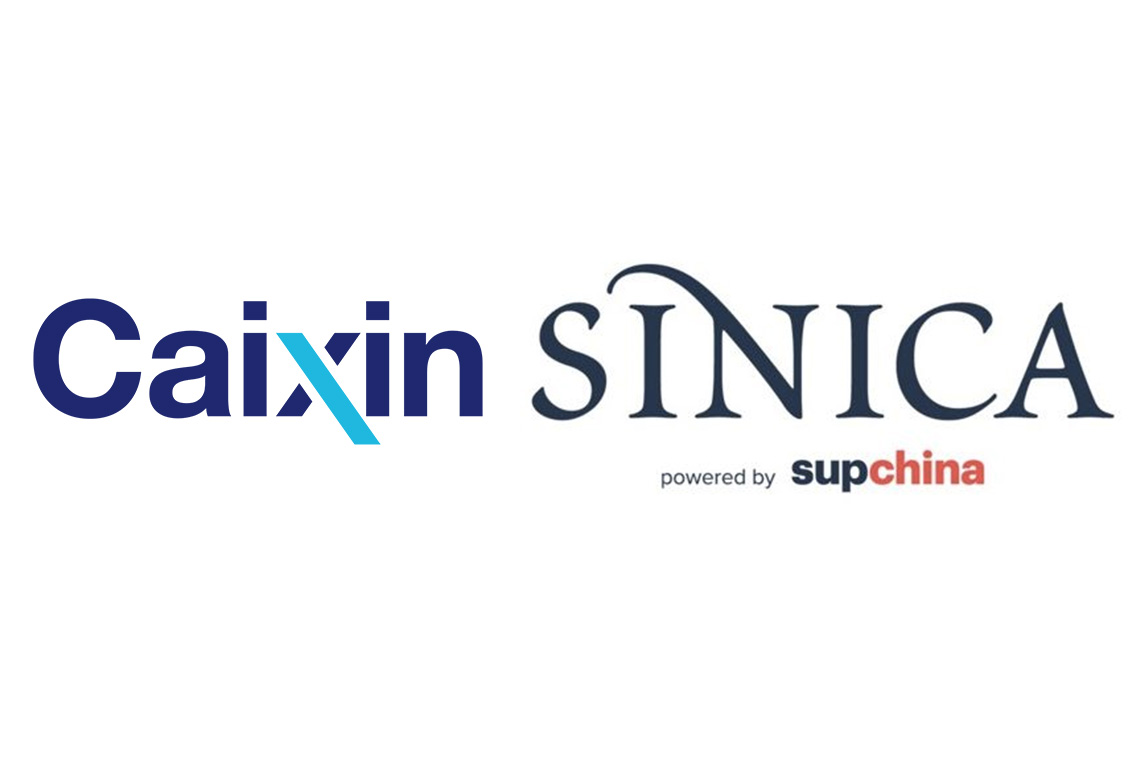Welcome to the 80th installment of the Caixin-Sinica Business Brief, a weekly podcast that brings you the most important business stories of the week from China’s top source for business and financial news. Produced by Kaiser Kuo of our Sinica Podcast, it features a business news roundup, plus conversations with Caixin reporters and editors.
This week:
- We report that China’s local governments are short on funds this year. To plug gaps in their budgets, local governments are looking at different solutions, including tapping rainy day funds and leftover budget surpluses, as well as slashing spending on travel, official banquets, and even some proposed social welfare programs.
- We discuss the new Foreign Investment Law passed by China, which is designed to improve the openness, transparency, and predictability of the investment environment for foreigners, establish equal treatment for all investors, and address concerns of foreign investors around technology transfers — a focal point of trade tensions with the U.S.
- We note that Vietnam has benefited as multinationals have accelerated moving their production out of China amid the trade war with the U.S.
- We hear the news that China became a net importer of several rare earth elements last year for the first time since 1985 — a trend that may continue as the government reduces mining.
- We chat about a new food safety scandal at a private school in Chengdu, which has dropped its food supplier in response to students’ complaints about spoiled cafeteria food.
- We learn that the World Anti-Doping Agency is reopening a case that cleared Chinese swimmer Sun Yang 孙杨, a three-time Olympic champion, of wrongdoing after he destroyed a doping control sample in September.
- We analyze some controversial remarks by a spokesman for the National Bureau of Statistics, who said that the revision of China’s economic growth data for 2017 was not a move calculated to make China’s 2018 growth data look better.
- We find out that increasing demand and uncertain supply may imperil the source of the water that Beijing receives from the south of the country.
In addition, we talk with Caixin Global reporter Zhao Runhua about a Chinese television show that’s sparked a lot of conversation online about social issues.








